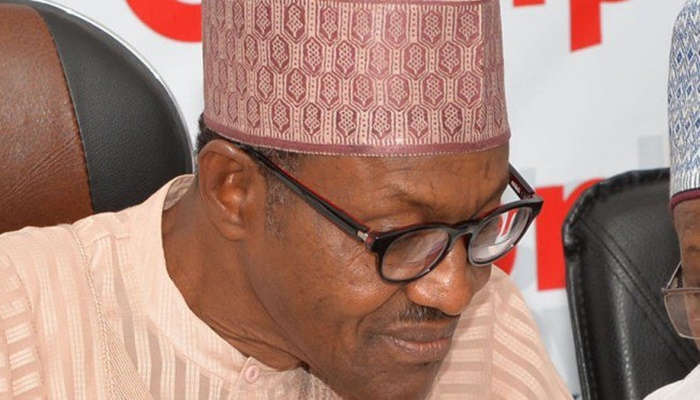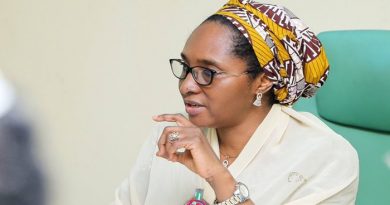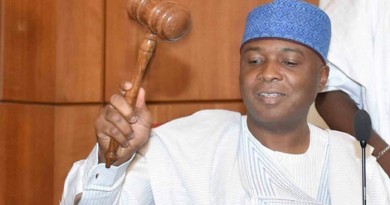WEF Global Competitiveness Report highlights Nigeria’s improved competitiveness in the enabling business environment
Nigeria has been ranked as 115th out of 140 countries assessed in the 2018 Global Competitiveness Report (GCR) of the World Economic Forum.
According to a press statement on Monday by Dr. Jumoke Oduwole, Senior Special Assistant to the President on Industry, Trade and Investment (Office of the Vice President)/PEBEC Secretary, the report, which was released on October 17th 2018, shows improved performance across key enabling business environment indicators, and suggests an overall improvement in the country’s competitiveness.
According to the statement, “The GCR of the World Economic Forum is an annual ranking which compares the national competitiveness environment of 140 countries based on 12 pillars – four grouped under basic requirements, six under efficiency enhancers and two under innovation and sophistication factors. The index is supplemented by an executive opinion survey of the local business community and organised private sector.
“Beyond the rankings, the GCR offers comparative insights based on the competitive business conditions as reported by the organised private sector in surveyed countries. The following are a few insights we can learn from the 2018 report about Nigeria’s improving competitiveness:
- Nigeria improved in the area of “Enabling Environment”. The country improved in 3 out of 4 pillars classified as “Enabling Environment” pillars – i.e., Institutions, Infrastructure, ICT adoption and macro-stability pillars. This recognizes the enabling business environment reforms of the Federal Government in making Nigeria an easier place to do business in.
- Nigeria is ranked top 100 in terms of “Business Dynamism”. The Report further acknowledges the positive perception of the private sector for the government’s Doing Business reforms, by scoring improvements in the time and cost of starting a business in the country.
- Nigeria’s inflation rate has steadily declined to near single-digits since 2017. Although the report records Nigeria’s annual inflation rate at 16% in 2017, it is important to note that inflation has progressively declined in 2018 to a current rate of 11.28% y/y as at September (according to the National Bureau of Statistics).
- Nigeria’s competitive environment is one of the most entrepreneurial in the world. The feedback from the private sector as surveyed by the World Economic Forum (WEF) ranks the “attitude of Nigerians for taking entrepreneurial risk” as the 13th in world among the likes of Israel and the USA, which are currently in first and second positions respectively. This aligns with the broader private sector-led growth model of the Federal Government stemming from the Economic Recovery and Growth Plan (ERGP) launched in April 2017, which prioritises “Investing in our people” and empowering them through various enterprise development initiatives and interventions.
- Overall, Nigeria’s market size remains an increasing source of competitive advantage in the global economy. The report ranks the Nigerian market as 24th largest in the world. According to the National Investment Promotion Commission (NIPC), between 2017 and the first half of 2018, about 154 investment projects have been announced across the country with an estimated value of about $112 billion”.
Commenting on the report, Dr. Jumoke Oduwole, Senior Special Assistant to the President on Industry, Trade & Investment and Secretary of the Presidential Enabling Business Environment Council (PEBEC), stated that “the global competitiveness report is a validation of the systematic work of PEBEC over the past 24 months – a work of collaboration across many levels of government to progressively and sustainably make Nigeria an easier place in which to do business.”
The GCR 2018 is one of several globally accepted reports that have acknowledged the improvements in the Nigerian business environment. Recently, The World Bank also released the 2018 Subnational Doing Business Report for Nigeria, which recognised significant strides, with 29 states implementing 43 reforms over the past four years and moving country closer to the global good practice frontier. The World Bank described this as showing “how seriously the current administration is taking this goal” of improving the business environment.
This further validates the commitment and efforts of the current administration towards making the country a progressively easier place in which to do business. The statement added.




